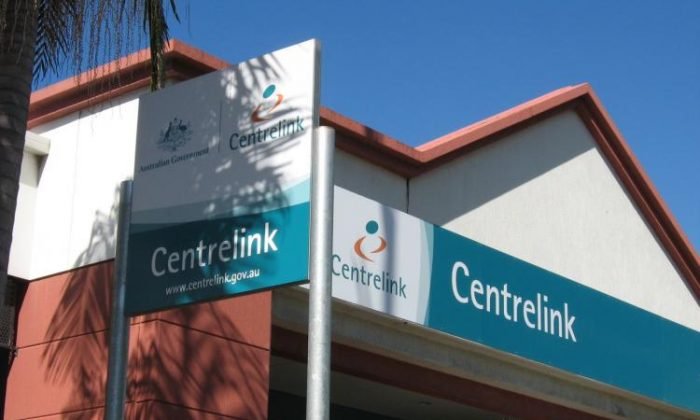Welfare Groups Decry Lack of Justice for Robodebt Victims as 6 Public Servants Escape Accountability
The National Anti-Corruption Commission pointed out that the Australian Public Service Commission was already conducting an investigation into 5 of the 6 senior public officials.
Welfare advocates expressed their disappointment in the decision of the National Anti-Corruption Commission (NACC) not to investigate any of the six senior public servants referred to it regarding the failed Robodebt scheme.
Services Australia utilized this scheme as part of its Centrelink payment compliance program from 2015 to 2019. However, it was later deemed unlawful, resulting in the government having to refund 470,000 people a total of $721 million.
Robodebt utilized annual tax office data to calculate average fortnightly earnings and automatically issued debt notices to welfare recipients, leading to several suicides.
The scheme was labeled an “extraordinary saga” of “venality, incompetence, and cowardice.”
Despite the NACC’s decision not to pursue the referrals, as the conduct of the officials had already been scrutinized by the Royal Commission, a spokesperson for the NACC mentioned on June 6.
Public Service Commission Still Investigating
The NACC mentioned that the Australian Public Service Commission (APSC) is currently investigating five of the six officials.
The commission stated, “Duplication of work already undertaken or ongoing by entities such as the investigatory powers of the Royal Commission and the APSC holds no value.”
“An investigation by the [National Anti-Corruption] Commission would not provide redress for the recipients or their affected families due to the Robodebt scheme.”
The Commission also posted on X acknowledging that their decision may be challenging for victims, their families, and friends. They encouraged seeking support and provided a link.
The report strongly criticized various Coalition ministers and senior officials involved in the management of the Robodebt program. Notable figures included former Prime Minister Scott Morrison, former Attorney-General Christian Porter, former government services ministers Alan Tudge and Stuart Robert, and Kathryn Campbell, the secretary of the Human Services Department during the Robodebt period.
Subsequent to the Royal Commission’s report, Kathryn Campbell was suspended from her role as a senior adviser within the Defence Department and resigned shortly after.
No Justice For Victims: Social Services Council
The Australian Council of Social Services expressed dismay at the lack of justice for victims due to NACC’s decision.
“No compensation has been provided to victims of the illegal and harmful scheme, and no one has been publicly held accountable for its design, implementation, and continuation,” a spokesperson remarked. “Our thoughts are with all those affected by Robodebt, including their families and loved ones.
“The absence of justice is a critical issue in need of resolution for many.”
The NACC’s decision exposed flaws in its operations, according to The Australia Institute, a Canberra-based think tank.
“There appears to be a disconnect between the actions of the royal commissioner, who delayed her report to refer potentially corrupt behavior, and the NACC’s decision not to investigate such conduct in the public interest,” commented Bill Browne, the institute’s director.
“Many vulnerable individuals had funds wrongfully taken from them, resulting in serious health, legal, and financial consequences, yet those accountable have faced minimal repercussions.”
Robodebt was administered under the former Coalition government, and Opposition Leader Peter Dutton highlighted the need to acknowledge the scheme’s failures.
“Lessons must be learned, and there has been ample discussion in this regard,” he noted.
“We need to ensure the appropriate use of taxpayers’ money and address instances where funds were misused or falsely claimed, resulting in a debt to the Commonwealth. There are valuable lessons to be gleaned from the Robodebt experience.”



